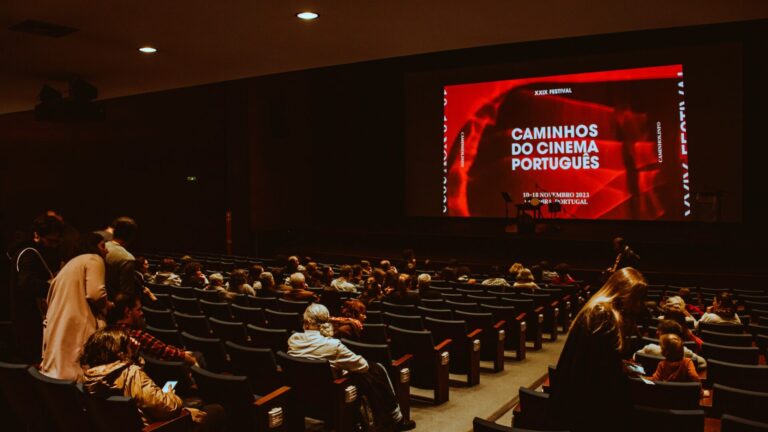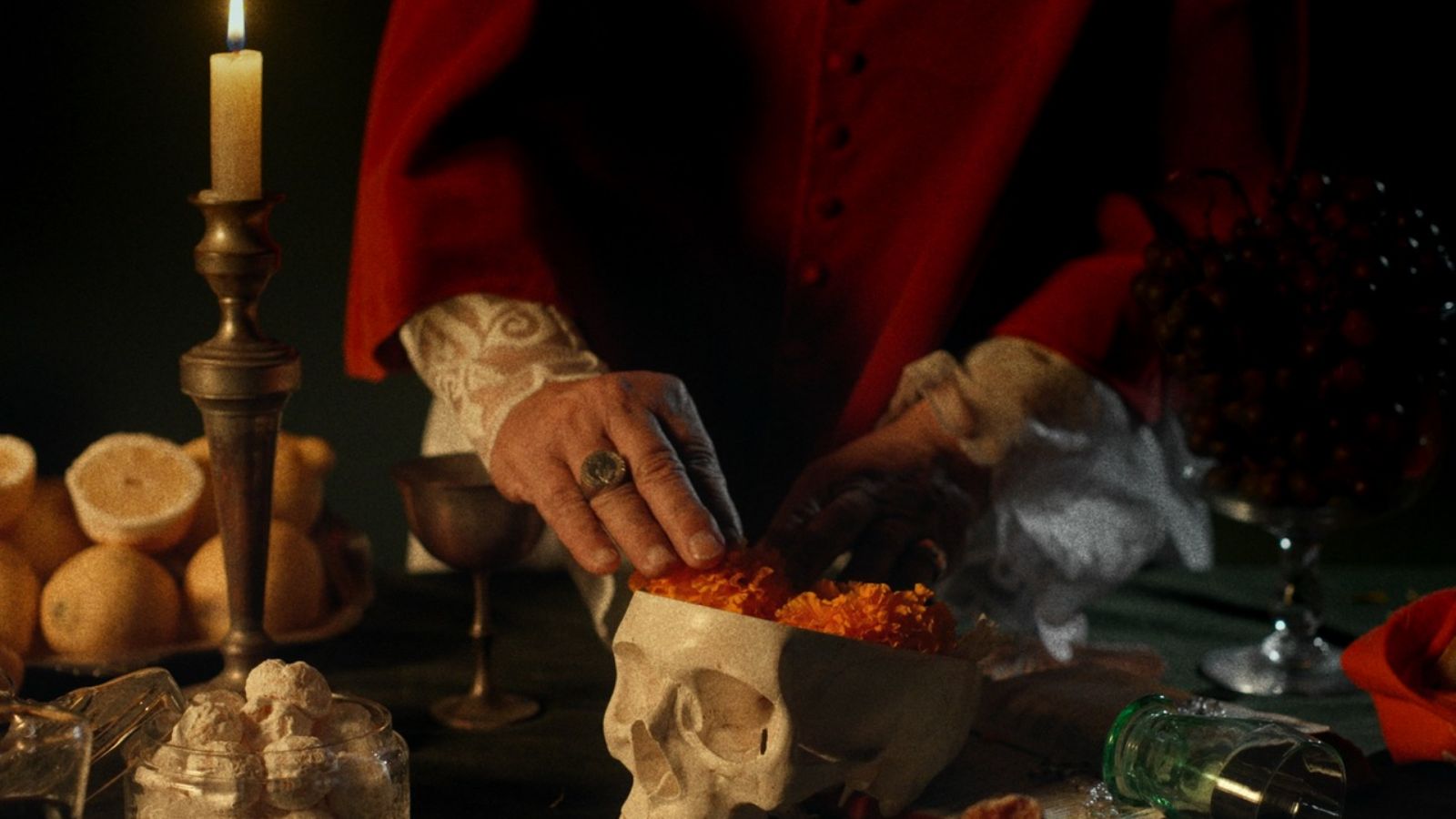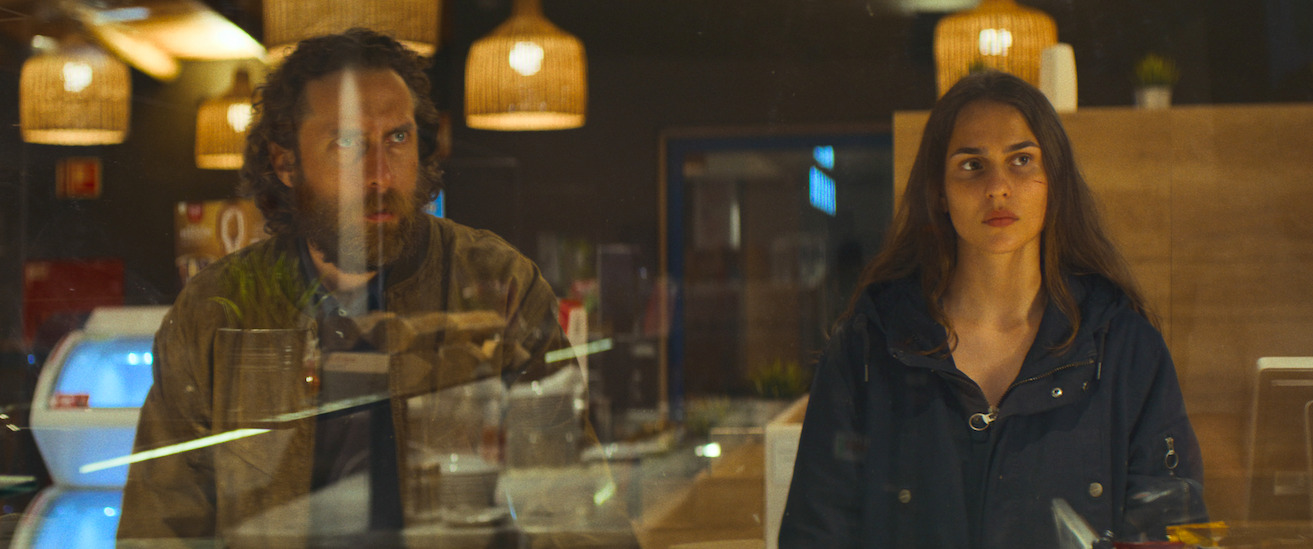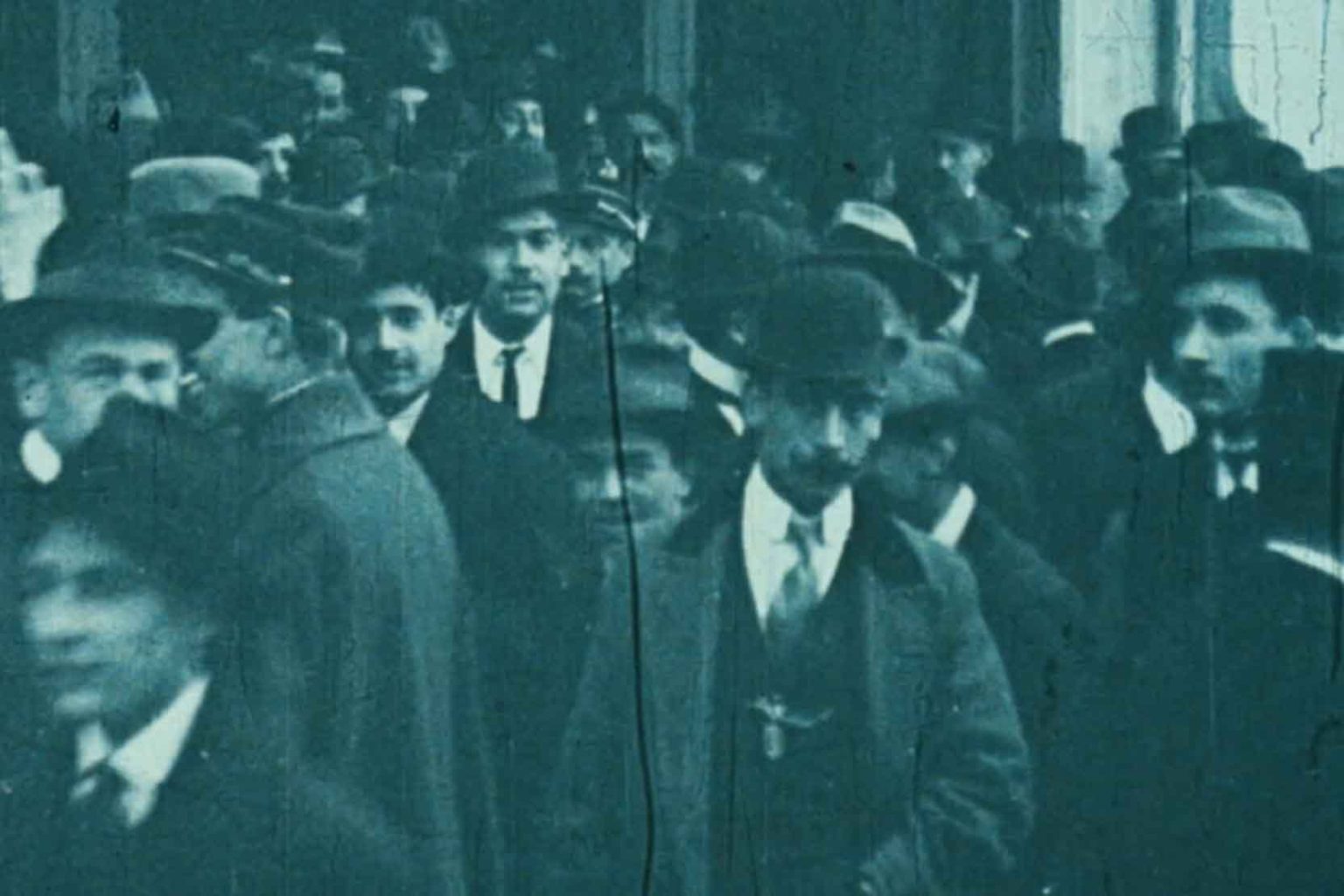
Portugal, land of fados, azulejos, cork, pastéis de nata and trailblazers. The Portuguese have exploration running through their veins, as attested by Vasco da Gama — the first European to reach India by sea — and Ferdinand Magellan, who initiated the first circumnavigation of the globe. It doesn’t surprise that contemporary filmmakers like to venture into untrodden territories when it comes to conveying stories on reel.
Motion pictures arrived in the country at the end of the 19th century, like in most of the world, and during the 20th century Manoel de Oliveira became globally known through his stripped-down style that preceded Italian neorealism. Today, there is a fresh gaze coming from Portuguese cinema, with younger generations focusing on new ways to confront global topics.
However, the films that gather international recognition seem to have little attention from domestic audiences. According to the Cinema and Audiovisual Institute (ICA), Portuguese cinema is facing a significant audience crisis, with domestic productions holding a mere 2.7% market share, one of the lowest in Europe. Before the pandemic, a feature film attracting 30,000 viewers was deemed acceptable. Now, even with a gradual audience recovery, distributors consider 10,000 spectators a successful turnout. This decline may result from Portuguese audiences shifting to streaming platforms or a broader disinterest in domestic productions.
The perks of it all is that since Portugal’s film industry does not depend on the logic of market, the medium has more freedom of expression. There is no blockbuster mentality in Portuguese cinema, therefore burgeoning filmmakers can experiment with form and shape even by blending genres. For cinephiles this is extremely liberating.
Furthermore, these trends bring to the surface the crucial role of film festivals, traditional cinemas, film societies, and other cinephile-oriented NGOs. They are vital in fostering film literacy and appreciation, but more importantly, they emphasise the importance of experiencing cinema in venues.
In Coimbra, the ancient capital of Portugal, the 29th Festival Caminhos do Cinema Português, showcased an exquisite selection of shorts and features that embraced current issues with diverse approaches. As Festival Director Tiago Santos underlined “Portuguese Cinema has been mostly a figure of resistance displaying in its narratives struggles of everyday life. If we look at our most representative films present at international film festivals we identify a trend on these representations: family struggles, immigration issues, life and death issues, but also some new perspectives about our contemporary history — our relationship with colonialism and dictatorship.”
The entire programme of the Festival Caminhos do Cinema Português demonstrated how the country’s film industry is swarming with hot topics like youth, with Leonor Teles’s Baan and Simão Cayatte’s Vadio; old age, with Légua directed by João Miller Guerra and Filipa Reis, as well as Alma Anciana directed by Helen Aschauer and Fabio Mota; and immigration, with the superbly disturbing Great Yarmouth: Provisional Figures directed by Marco Martins.
Amongst the movies that were screened in Coimbra’s kermesse there were some produced by Pedro Fernandes Duarte, founder of the pioneering Lisbon film production company, Primeira Idade. His audacious vision has allowed him to bring experimental pictures to the screen and to the most prestigious festivals around the globe.

Pedro Fernandes Duarte asserts how artistic expression is a reflection of the culture that nourishes it, and in Portugal the challenging financial aspect of the industry has become a resource to explore new approaches. He said: “Cinema made in a certain region of the planet inevitably will be an expression of the history, worldview, economy, tradition and circumstances of that place in the world. In the case of Portugal, we have to offer the international markets the freedom of expression which arises from the low budgets we have to work with.” And concluded: “Portuguese filmmakers are free to try to make something really original and fail (and in this failure deliver moments which are unique), instead of having to succeed in making something that has been made dozens or hundreds of times before them.”
This producer truly walks his talk, since in his filmography there are films that are fully riding the groundbreaking approach of Portuguese cinema. Adrian’s Tears, written and directed by Miguel Moraes Cabral has a playful use of footage and title cards echoing the silent era, whilst examining tears from a topographical point of view and using them for agricultural irrigation. Between Light and Nowhere, written and directed by Joana de SousaI, begins from the scientifically proven premise that we all come from the stars and intertwines it with the current society of youngsters. Nocturne For A Forest, written and directed by Catarina Vasconcelos, somehow evokes the works of video-art by Bill Viola, Peter Greenaway and Robert Wilson. The way the still life comes to life (pun intended), intertwines the history of Gregory XV with contemporary themes about feminism through the reference to Josefa D’Óbibidos. It is stupefying to observe how leaves become narrators of the bygone times they’ve witnessed, symbolising how humans and nature are inseparable. These films are just an example of how the Portuguese cinematic language has been moulded in prodigiously unconventional ways to tell stories.
From the perspective of a producer to that of a director, the point of view does not differ when it comes to recognising the great potential of Portuguese cinema. André Marques winner of the Fipresci Award of the 29th Festival Caminhos do Cinema Português with his feature film O Bêbado (The Drunk), said: “The cinema from Portugal is, if anything, a diverse one (and, thankfully, the tendency is to become even more so). With the increase of public funding for debut features in the last years, more opportunities came for the appearance of new voices (with a different approach to filmmaking, both in style and subject) that are looking to make their mark in the industry. Portugal has a very small population, and we absolutely need our films to cross borders and be shown on foreign cinema/tv/streaming markets in order to make ends meet. We have the talent (in front and behind the camera) and the stories to get far.”
The Portuguese director who has had the chance to live and develop his craft in Romania — thus confront the Eastern European way of making movies — is very lucid in evaluating the approach to film in his home country. O Bêbado truly rides the wave of Portuguese nonconformism, as it confronts the brutality of human trafficking and alcoholism through an unexpected angle. The light at the end of this patriarchal tunnel is provided by a man, a misfit with neither skills nor talents. Little does it matter whether he will succeed, the fact that the gender equality debate is championed by a male makes a very strong stance.

When it comes to women, Coimbra is also known for the Tricana, an emblematic figure of the 19th century who always carried a clay or tin pitcher to fetch water at the Mondego River. While honouring the memory of this archaic woman, the female figures in contemporary Portuguese films gather more than water. In a time that is still characterised by horrific acts of femicide all over the world, the Festival Caminhos do Cinema Português displayed an array of films focusing on women harnessing ideas for society’s evolution. Amongst the most notable there were Cidade Rabat written and directed by Susana Nobre, following the life of a forty-year old trying to restructure her life; A Bela América directed by António Ferreira, about the infatuation of a humble man and his quiet courtship towards an alpha female; Rosinha e Outros Bichos do Mato directed by Marta Pessoa about a native Guinean woman who becomes the symbol of the first Portuguese colonial exhibition presented by the Estado Novo; The Magnificent Women written and directed by Mia Tomé, showing a Portuguese actress retracing the path of the women of the American West. The filmmaker of the latter, Mia Tomé, emphasised the need to make films about women: “The path to gender equality is still a long one before equal rights are achieved, so I think that having films that discuss this topic is both necessary and appealing for international markets.”
Another subject matter that has been widely included in the festival is the transposition of literature into film. For instance, the world-acclaimed Portuguese poet and writer Fernando Pessoa was the source of inspiration for two films in the line-up. Não Sou Nada (The Nothingness Club) directed by Edgar Pêra, uses an experimentally kaleidoscopic approach to confront the various heteronyms of the national author. Onde está o Pessoa? (Where is Pessoa?) written and directed by Leonor Areal, is an essay-film that uses the anthological style creating a crossover between investigative journalism and the love for the early days of cinema. Leonor Areal has commented on how the increasing digitalisation of film archives, has given wave to the increase of audiovisual-essays: “Erudite culture has always depended on the literary word for its projection into the future. Today, the recovery of old moving images allows us a closer contact with history and a renewed look at times that could seem old-fashioned, but are resurfacing with throbs of life. This meta-film genre reemerges as a new form that allows the rewriting of events, the recognition of identities, the reconfiguration of our representations. An entire world to discover in flashback. We can now look into the past, not just with the use of words, but by interpreting these almost never seen images, in various objective, subjective, artistic or metaphysical levels.”

Besides the gaze of the film industry professionals, also those who have the task of analysing motion pictures agree that the appeal of Portuguese cinema lies in its ability to tackle multiple issues with utter versatility. Portuguese film critic Rui Tendinha explained the evaluation process he adopted while being part of the Fipresci jury with two non-Portuguese colleagues: “It was a way of perceiving up close the way a foreigner experiences Portuguese cinema. What I noticed is that it does not come across as a cliché: Portuguese cinema is not in deficit of prestige.” Indeed, the outsider’s perspective very much plaudits the country’s way of making films. For instance, film critic and Fipresci juror from Turkey Janet Barış praised the line-up of Coimbra’s film festival for the way it “addressed criminal issues, the Portuguese workers’ situation across Europe, and the daily struggles of women.”
I myself was part of this jury and perceived the untamed diversity of themes and style, which is the reason why I chose to put in words the accomplishments of Portugal’s cinematic innovators. The artistic freedom and audacious approach of the country’s filmmaking is bound to pay off. As the Portuguese say: “Quem não arrisca não petisca,” meaning there is no reward without risk, basically “no pain, no gain.”

